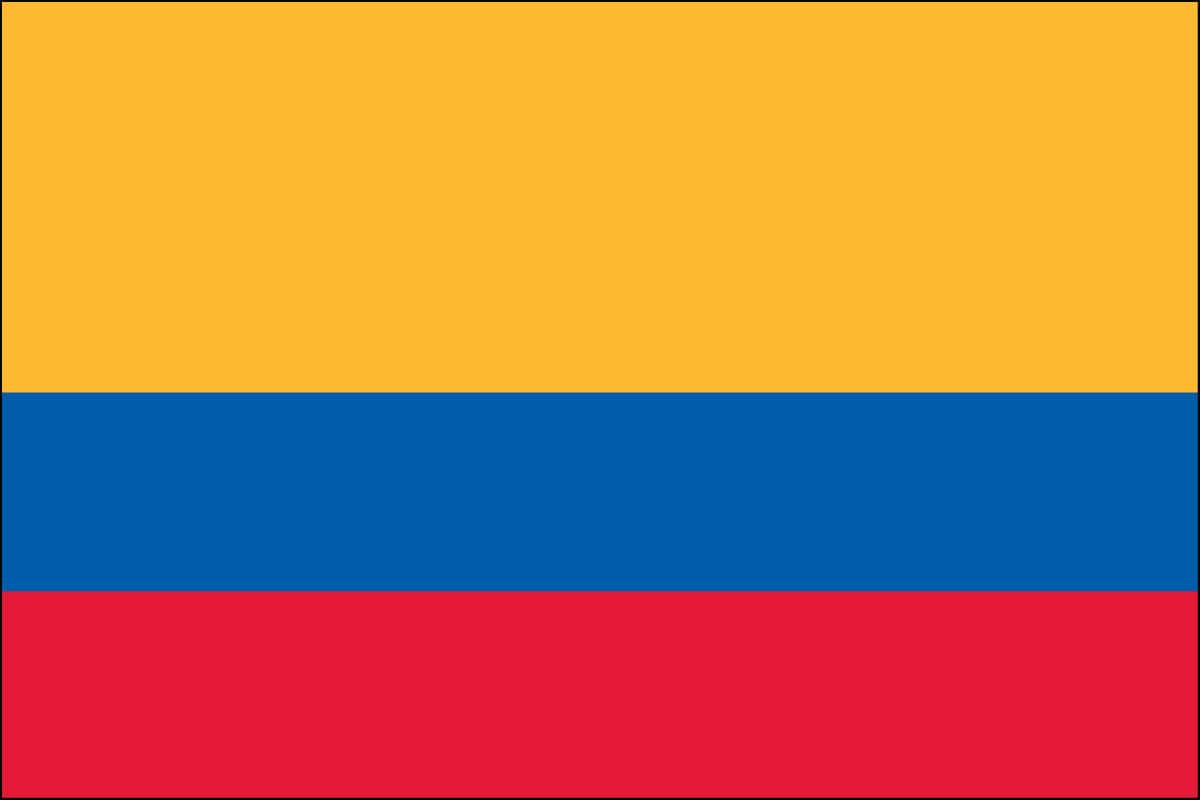Effective 1 December 2019, a new resolution establishes new guidelines for the entry into, stay in and departure from Colombia of both Colombian and foreign nationals.
Entry and stay permits (PIPs), for short stays not intended for residence or profit, have been reorganized into three categories: a tourism permit (TP) for leisure and business, an integration and development permit (PID) and a permit to develop other activities (POA). In all of these categories, the duration of stay granted may vary, but will not exceed 180 calendar days in the same calendar year.
Tourism Permit (TP):
This permit allows the holder to perform leisure or business activities, receive medical treatment or participate in or attend cultural, scientific, sporting, convention or business events.
Integration and Development Permit (PID):
The PID will be granted to foreign nationals who are considered important to the Colombian government and who wish to develop conventions, agreements or treaties of international cooperation and assistance, to carry out judicial, administrative or refugee processes. It is also issued for educational or journalistic work, or in cases of urgency or official or service commission.
Permit to Develop Other Activities (POA):
This type of permit will be required for foreign nationals intending to carry out urgent technical assistance, to deliver artistic presentations or massive events, to carry out temporary transit or to enter as crew members of international transport.
Additional Changes:
- The resolution establishes a Border Mobility Card for nationals of countries bordering Colombia and an Electronic Migratory Card for nationals of Comunidad Andina de Naciones (CAN) and MERCOSUR member countries.
- The resolution clarifies that automatic migration only applies to nationals or foreigners with a visa valid for at least two years.
- Biometrics authentication (BIOMIG) is implemented for Colombian nationals.
- Clarifications are made on the report of passengers and crew.
- A contingency plan is established in the face of technological failures in the immigration registration process.
- Holders of permanent residence permits in MERCOSUR, CAN and Pacific Alliance countries may be granted visa-free entry.
Our Advice:
Employers who may be affected are encouraged to contact a Wolfsdorf Rosenthal immigration attorney or reach out to the WR Global Immigration team by emailing Global@Wolfsdorf.com for case specific advise.


